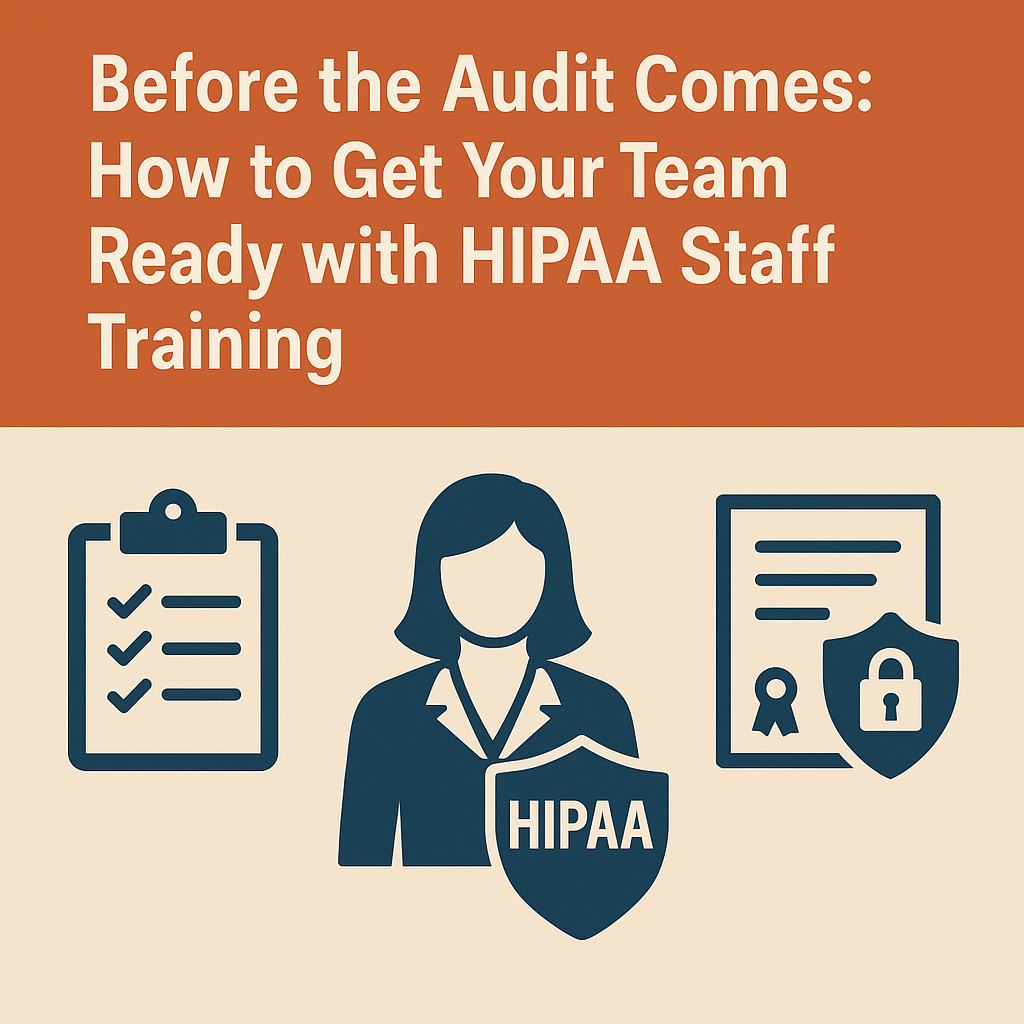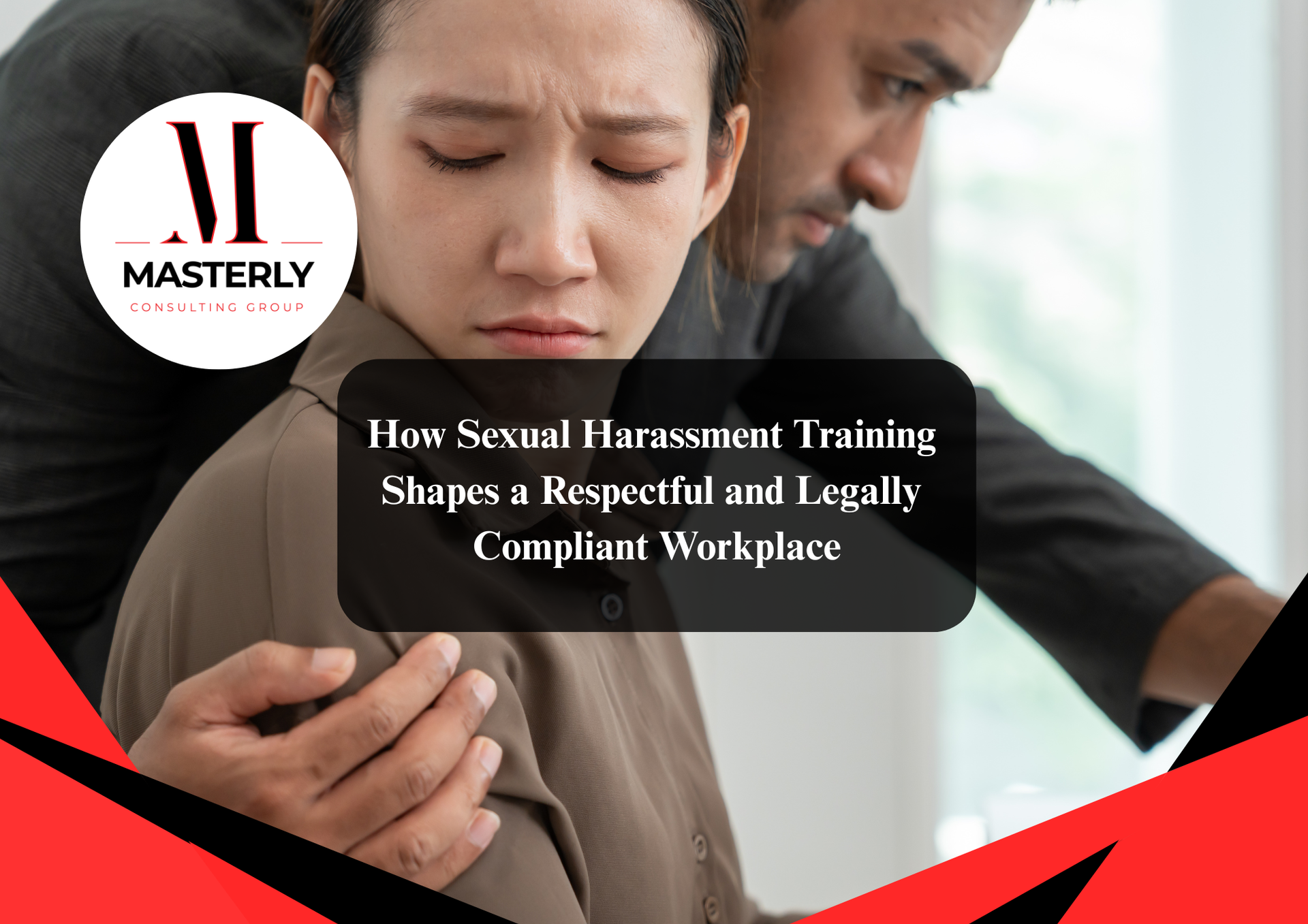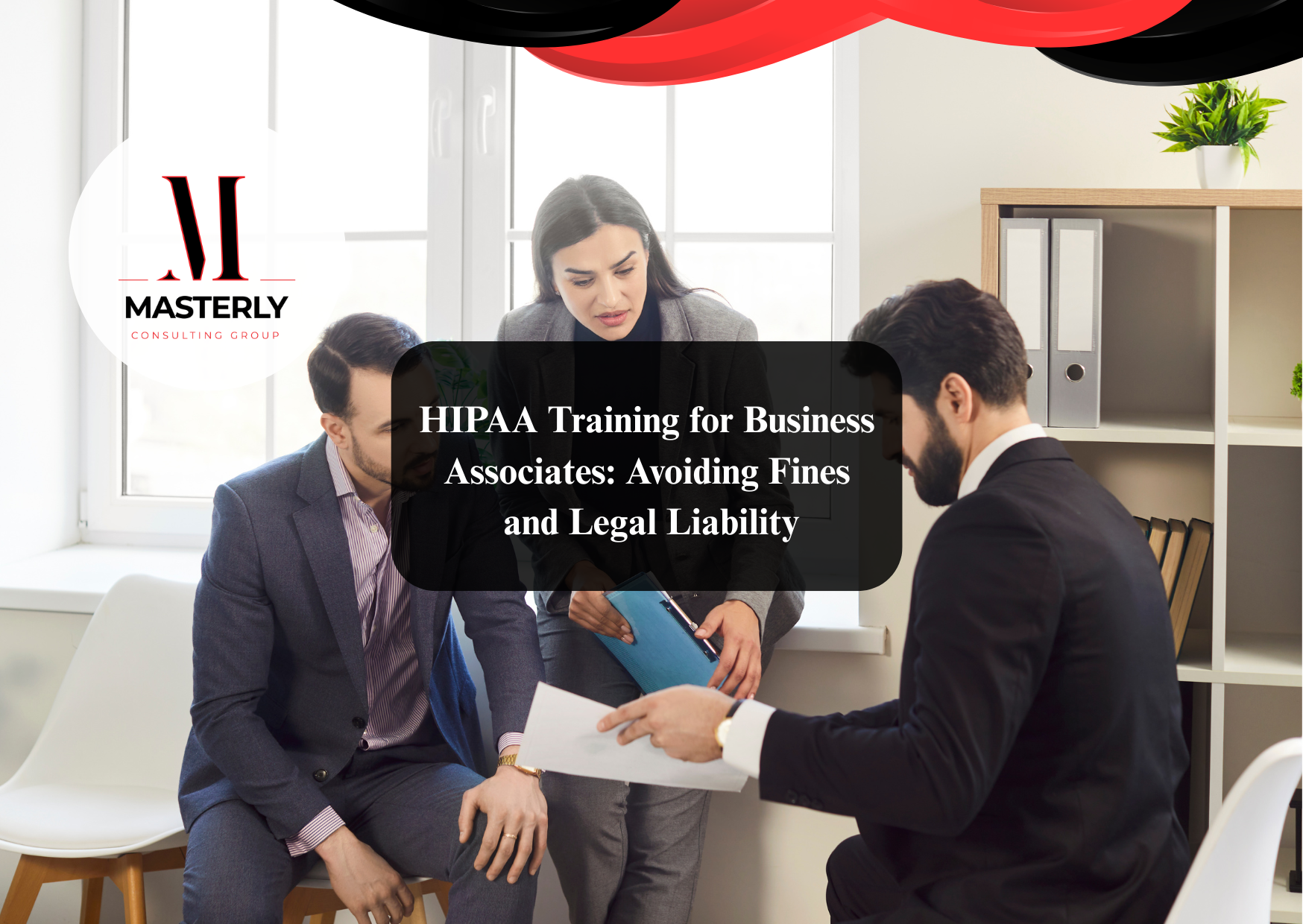Before the Audit Comes: How to Get Your Team Ready with HIPAA Staff Training The Urgency of Preparing Before an Audit
The Urgency of Preparing Before an Audit
When it comes to HIPAA compliance, waiting until an audit is announced is too late. Federal investigators and internal auditors expect that employees are already trained and able to demonstrate a clear understanding of HIPAA regulations. A proactive approach ensures that your organization is always audit-ready. HIPAA staff training is the foundation for creating confidence, reducing errors, and protecting patient trust.
Why HIPAA Stands as the Gold Standard
HIPAA stands for the Health Insurance Portability and Accountability Act. It has shaped the modern healthcare industry by establishing strict requirements for protecting sensitive patient data. Every organization that handles health records must comply with these federal standards. Understanding why HIPAA exists helps employees appreciate the importance of the rules and motivates them to complete training before audits occur.
The Accountability Act and Employee Responsibility
The Accountability Act requires organizations and their employees to demonstrate that they can protect patient information effectively. Accountability extends from administrators to front-line staff who handle records daily. Employees must receive ongoing training to ensure they know their responsibilities under HIPAA rules. Without accountability, compliance is impossible, and organizations risk serious penalties.
Building a Culture of Compliance Across the Organization
Audit preparation starts with building a culture where compliance is part of daily operations. Administrators and managers should reinforce training through reminders, updates, and visible leadership. When compliance is viewed as essential rather than optional, employees are more likely to take their role seriously. A culture of compliance ensures your team is ready long before an auditor arrives.
Essential Elements of HIPAA Training
A HIPAA training class must include:
- The Privacy Rule and how it governs disclosures of protected health information.
- The Security Rules that guide digital safeguards.
- The Omnibus Rule that extends responsibility to business associates.
- The Breach Notification Rules that define response obligations after a security incident.
By providing comprehensive training, organizations give employees the tools to comply confidently.
HIPAA Training Class Options for Every Schedule
Employees have different learning needs, so offering multiple course formats is vital. Online courses, self paced programs, and in-person training all support flexibility. Allowing staff to learn at their own pace ensures better understanding and successful completion of each course. By adapting training delivery, organizations increase participation and readiness.
Why Online Courses Are Practical for Busy Teams
An online HIPAA training class can be accessed through any browser and completed on a device employees already use. This convenience eliminates scheduling conflicts and supports staff who work remotely or across different shifts. Online training provides consistency while giving employees the freedom to complete lessons on their own schedule.
How Self Paced Learning Enhances Retention
Self paced training helps employees review complex topics multiple times until they feel confident. This format reduces stress and ensures staff achieve deeper understanding of HIPAA compliance. By letting individuals learn at their own pace, organizations improve both completion rates and audit readiness.
The Role of Administrators in Audit Preparation
Administrators must ensure that every employee completes their HIPAA training class on time. This includes maintaining certificates, tracking progress, and offering additional support when employees struggle. Administrators act as the bridge between staff and compliance officers, making their oversight essential.
Certificates as Proof of Compliance
During an audit, certificates serve as proof that employees completed HIPAA training successfully. Organizations should store certificates securely and make them easily accessible for audits. Keeping records updated not only satisfies auditors but also reassures patients that the organization prioritizes compliance.
Why HIPAA Privacy Training Matters
HIPAA privacy training focuses on how protected health information can be used and disclosed. Employees must know the limits of data sharing and understand the consequences of violations. By reinforcing HIPAA privacy principles, staff develop habits that reduce risk and increase audit readiness.
Security Rules That Protect Digital Systems
The HIPAA Security Rules require healthcare organizations to implement physical, administrative, and technical safeguards. Employees must understand how to secure devices, restrict access, and protect electronic health records. Regular training ensures security becomes second nature rather than an afterthought.
Training Materials That Engage and Educate
Outdated or overly technical training materials discourage employees from engaging fully. Effective training uses examples, case studies, and interactive modules to build understanding. Well-designed materials ensure employees not only complete training but also retain the lessons.
Protecting Devices in the Workplace
Every device that accesses patient information is a potential point of risk. Training must cover how to secure laptops, mobile phones, and tablets to remain HIPAA compliant. Employees should understand how device security ties directly into audit readiness.
The Omnibus Rule and Business Associates
The omnibus rule expanded HIPAA compliance requirements to business associates such as billing companies, consultants, and IT providers. Employees must understand that responsibility extends beyond healthcare providers. Training helps staff recognize and report risks when working with third parties.
The Importance of Ongoing Support
Audit readiness is not achieved through a single training session. Employees need ongoing support in the form of refresher courses, updates on changing regulations, and reminders about best practices. Providing regular support builds confidence and helps maintain compliance.
Why Testing Improves Audit Readiness
Every HIPAA training class should include a test at the end to measure employee understanding. A passing score demonstrates successful completion and ensures auditors see evidence of comprehension. Tests help identify gaps in knowledge and allow administrators to adjust training strategies.
How Training Strengthens the Organization
Training is not just about avoiding penalties—it strengthens the entire organization. When employees understand HIPAA rules, they improve security, protect patient trust, and reduce liability. Proactive training ensures the organization can withstand an audit without fear.
Understanding the Breach Notification Rules
Employees must know how to respond if a breach occurs. The breach notification rules require quick disclosures to patients, regulators, and sometimes the media. Training ensures staff can follow these rules correctly under pressure, minimizing further damage.
Privacy and Security as Everyday Practice
Privacy and security are not abstract concepts—they are daily responsibilities. Employees must learn to integrate compliance into their workflow. Training makes compliance a habit rather than a last-minute scramble before an audit.

The Role of Healthcare Providers in Compliance
Healthcare providers carry the responsibility of leading compliance efforts. By prioritizing training for themselves and their staff, providers demonstrate leadership and accountability. Their active participation helps the organization stay audit-ready.
Access Controls and Why They Matter
Access to patient information should be limited to only those employees who need it for their job. Training ensures staff understand the importance of access restrictions and how to comply with them. Proper access controls prevent unnecessary disclosures and support audit readiness.
Building Understanding Through Real-World Scenarios
Employees often learn best through practical examples. Training that incorporates real-world scenarios helps them apply HIPAA regulations in their daily roles. This deeper understanding ensures compliance is not just theoretical but actionable.
How Compliance Demonstrates Professionalism
Being prepared for an audit shows patients, regulators, and business associates that your organization takes compliance seriously. Demonstrating professionalism through training reassures all stakeholders that privacy and security are top priorities.
Why Proactive Training Is Essential
The most important step an organization can take is to provide HIPAA training before an audit notice arrives. Proactive action reduces stress, builds employee confidence, and ensures the organization is ready at any time. The importance of training cannot be overstated—it is the first defense against compliance failures.
Connecting HIPAA Compliance to Health Insurance Portability
Audit readiness begins with a clear understanding of HIPAA compliance and how it directly connects to the principles of health insurance portability. This federal law was designed to ensure that patients could maintain access to their health coverage while guaranteeing that their sensitive information would remain protected. Employees who complete structured training not only learn how to follow HIPAA regulations but also see how compliance supports the broader mission of safeguarding both care and privacy. By reinforcing these connections in advance, your organization builds a strong foundation for facing audits with confidence.
Get Your Team Audit-Ready Today
Your organization cannot afford to wait until an audit is announced to start HIPAA staff training. Preparing employees now ensures compliance with HIPAA regulations, strengthens security, and protects patient trust. Whether your team needs a HIPAA training class, online course access, or self paced programs, we provide the training materials and support required for successful completion.
Contact us at (888) 209-4055 to book a free consultation so we can answer your questions about HIPAA training and help your organization prepare for upcoming audits. Take proactive steps today to protect your business, your employees, and the patients you serve.








